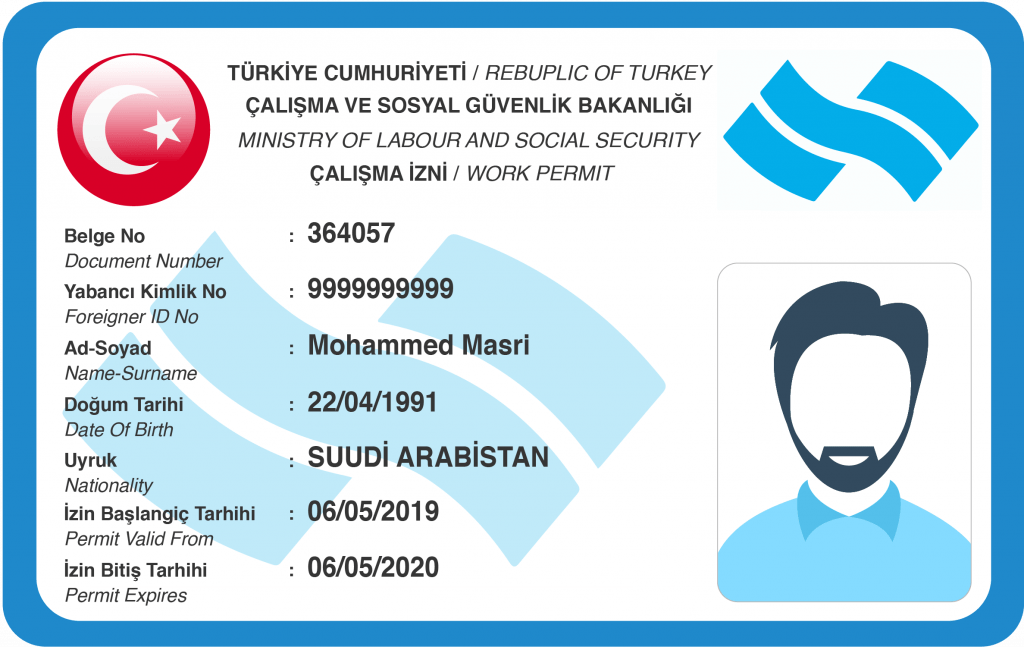Starting a business in Turkey presents an exciting opportunity for foreign investors looking to capitalize on a dynamic and rapidly growing market. At Gordion Partners, we understand the complexities and nuances involved in establishing a successful business in a new country. Whether you’re looking to tap into Turkey’s booming sectors such as real estate, technology, or tourism, having a solid understanding of the legal, financial, and cultural landscape is essential. Our comprehensive guide will provide you with critical insights and step-by-step instructions on how to navigate the Turkish market, ensuring your business venture starts on the right foot. With our expertise in investment and immigration advisory, we are committed to making your entrepreneurial journey in Turkey as seamless and rewarding as possible.
Legal Requirements and Regulations for Foreign Entrepreneurs
Navigating the legal landscape is a crucial first step when starting a business in Turkey as a foreign entrepreneur. Turkey offers a relatively straightforward process for company registration, but it’s important to be aware of specific legal requirements and regulations. Foreign investors must choose the type of business entity that best suits their operational needs, such as a limited liability company (LLC) or a joint-stock company. Additionally, foreign entrepreneurs are required to obtain a potential tax number from the local tax office and register their business with the Turkish Trade Registry. Ensuring compliance with local laws, including labor and immigration regulations, is essential to operate smoothly and avoid legal pitfalls.
Another vital aspect to consider is securing the necessary permits and licenses specific to your business activities. Depending on the industry, this may include sector-specific licenses, environmental permits, and work permits for foreign employees. It’s also crucial to understand the local employment laws to ensure compliance with labor rights and regulations. Turkey’s strong legal framework provides protections but also imposes obligations on employers, such as mandatory insurance and pensions for employees. Collaborating with local legal experts or partnering with an experienced advisory firm like Gordion Partners can help you navigate these requirements more efficiently, ensuring that your business meets all legal standards from the outset.
In addition to compliance with legal standards and obtaining the necessary permits, it’s essential to be aware of Turkey’s tax regulations and financial reporting requirements. Foreign entrepreneurs must ensure that their business adheres to Turkish tax laws, including corporate tax, VAT, and other applicable levies. Regular financial audits and transparent record-keeping are mandatory to meet regulatory expectations. Developing a robust financial strategy with the guidance of local financial advisors can help in optimizing tax liabilities and avoiding penalties. At Gordion Partners, we offer tailored financial and legal consultancy services to support your business in fulfilling all regulatory obligations, thereby fostering a sustainable and compliant operational environment.
Choosing the Right Business Structure in Turkey
When starting a business in Turkey, selecting the appropriate business structure is crucial, as it impacts your legal responsibilities, tax obligations, and operational flexibility. The most common forms of business entities in Turkey include Joint Stock Companies (JSC), Limited Liability Companies (LLC), and branch offices or liaison offices for foreign corporations. Each structure offers different advantages: for instance, JSCs are suitable for larger investments and offer transferable shares, whereas LLCs are beneficial for small to medium-sized enterprises due to their simpler regulatory requirements. At Gordion Partners, we can help you assess your specific needs and guide you towards the business structure that aligns best with your strategic goals and compliance requirements in Turkey.
Another important aspect to consider when choosing the right business structure is the level of liability protection you require. Joint Stock Companies offer shareholders limited liability, meaning they are only responsible for the company’s debts up to the amount of their investment, which provides a higher level of personal financial security. Limited Liability Companies, on the other hand, also offer limited liability but come with fewer corporate governance requirements, making them a practical choice for businesses seeking simplicity and reduced administrative burdens. If your goal is market presence without full operational activities, establishing a branch office or a liaison office might be an optimal solution, allowing you to conduct market research, establish partnerships, and understand the Turkish market better without the complexities of a full-scale operation. Gordion Partners can assist you in evaluating these factors to ensure your business structure optimally supports your expansion objectives and risk management needs.
Furthermore, navigating the regulatory environment in Turkey requires a thorough understanding of the registration processes and compliance requirements for each business structure. Joint Stock Companies and Limited Liability Companies must be registered with the Trade Registry and adhere to specific corporate governance standards, including periodic financial reporting and holding annual general meetings. Liaison offices, while not allowed to engage in commercial activities, must still obtain a permit from the Ministry of Trade and regularly submit informational reports. At Gordion Partners, our team of experts provides end-to-end support in ensuring that all legal formalities are meticulously followed, enabling you to focus on strategic growth and operational development. By leveraging our deep knowledge of Turkish business regulations, we ensure that your business structure not only meets all compliance standards but is also poised for long-term success in the vibrant Turkish market.
Navigating Taxation and Financial Incentives for Your New Business
Understanding Turkey’s taxation system is crucial for establishing a successful business. Foreign entrepreneurs must familiarize themselves with various taxes such as corporate income tax, value-added tax (VAT), and social security contributions. Additionally, Turkey offers numerous financial incentives to attract foreign investment, including tax reductions, exemptions, and subsidies, particularly in specific sectors like technology, renewable energy, and manufacturing. By leveraging these incentives, you can significantly reduce your initial investment costs and enhance the profitability of your venture. At Gordion Partners, we provide tailored guidance to help you navigate these complex financial landscapes, ensuring that you maximize the available benefits while maintaining compliance with Turkish regulations.
For a streamlined financial planning process, it’s essential to comprehend the specific tax requirements that will apply to your business. Corporate income tax in Turkey is currently set at 20%, but various tax credits and allowances can lower this rate depending on your sector and business activities. Furthermore, businesses in free trade zones or those that qualify as Research and Development (R&D) centers can benefit from additional tax exemptions and incentives. Keeping thorough and accurate financial records is mandatory and will help in efficiently managing tax liabilities and benefiting from available incentives. Gordion Partners offers expert advisory services to ensure your financial strategies are aligned with Turkish regulations, helping you take full advantage of the tax benefits available to your specific business operations.
Beyond understanding taxation and financial incentives, it is vital to establish strong financial management practices from the outset. This includes setting up robust accounting systems, securing local banking relationships, and ensuring compliance with Turkey’s financial reporting standards. Developing a sound financial strategy will not only help in meeting regulatory requirements but also in effectively managing cash flows, securing funding, and driving long-term growth. Engaging with local financial advisors can provide valuable insights into market-specific practices and potential challenges. At Gordion Partners, we offer a comprehensive suite of financial advisory services designed to support foreign entrepreneurs in Turkey, enabling them to build a solid financial foundation and achieve sustainable success in their ventures.






